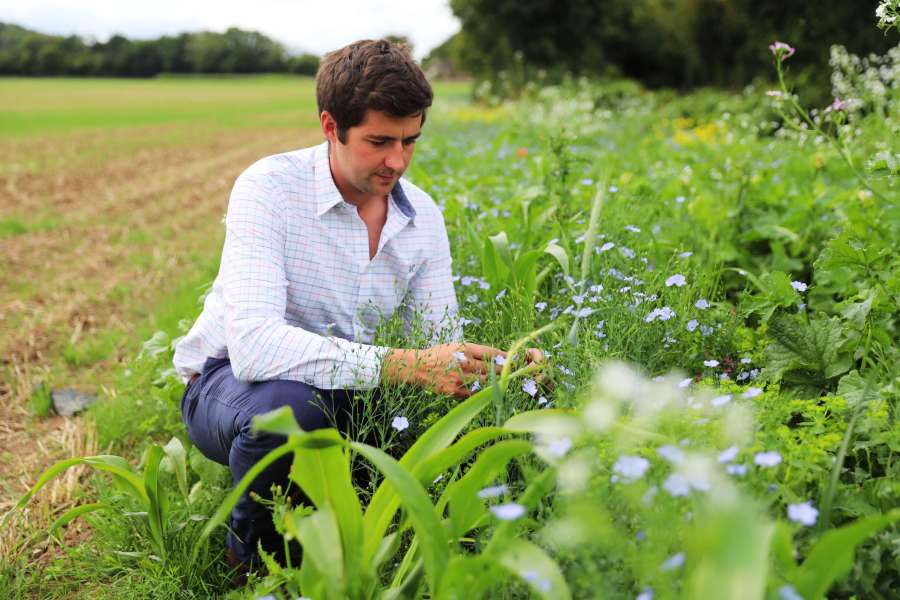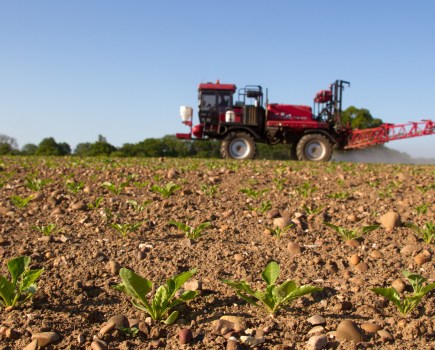Two landmark reports detailing a comprehensive farm environmental baseline and the framework required for a sustainable UK farming industry, have been launched.
Involving 685 farms across the country, Soil Association Exchange has worked with 12 industry partners to assess around 240,000ha of UK farmland in a first-of-its-kind evaluation.
Roadmap
The two reports provide a roadmap for improving soil health, reducing carbon emission and supporting biodiversity, outlining the pathway for the UK agricultural industry to achieve sustainability and profitability, in tandem, explains Joseph Gridley, CEO of Soil Association Exchange.
“Farmers are on the frontline of climate change and biodiversity loss but they’re also key to the solution. Every farm is different, so support is essential to help farmers navigate the complexities of sustainable farming.
“Our goal is to empower farmers with tools to make positive changes for their businesses, their communities, and the environment while still producing high quality, nutritious food,” he says.
“From our research and the quantity and breadth of farms audited in the study, the drive to adopt environmental measurement at scale is clear. Baselining UK farms with a common methodology provides a route forward and addresses the real risk of inaction and scepticism in collating data.”
Industry partnership
Lead partner, Lloyds Banking Group, funded more than 550 farmers to be involved in the baselining study. UK head of agriculture at Lloyds Bank, Lee Reeves, says the partnership between the firm and the Soil Association Exchange is the most ambitious of its kind, focusing on a holistic view of farming’s environmental impact.
“Our reports showcase the opportunity to deliver actionable insights that help farmers improve practices to become more resilient, while also securing long-term profit. Sustainable farming is not just about reducing environmental impact – it’s about securing the future of the entire UK farming and food supply chain.
“Farmers require consistent support, reliable data, and financial incentives to make this transition successful.”
According to Lee, the reports set out a blueprint for environmental measurement that could be adopted more widely, giving UK farmers the confidence to thrive long-term, both economically and environmentally.
Exchange Market
To further address the challenges identified, a new cross-supply chain model is being piloted to reward farmers for sustainable practices, a scheme which also forms part of the 10-year partnership between Soil Association Exchange and Lloyds Banking Group.
With a working name of ‘Exchange Market’, the pilot will pool funding from a range of supply chain businesses, making payments to farmers over sustained periods to support them in transitioning to more sustainable practices.
Environmental outcomes will be monitored and verified using the Soil Association Exchange platform, allowing those supply chain partners to evidence impact and progress towards Scope-3 reductions.




